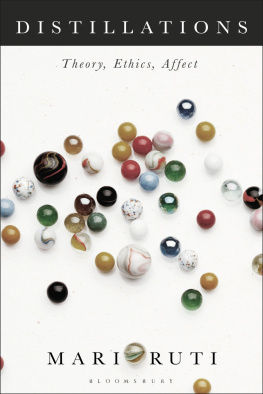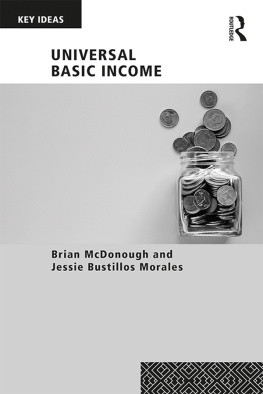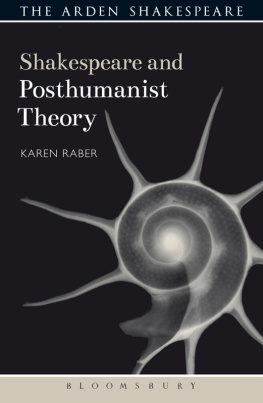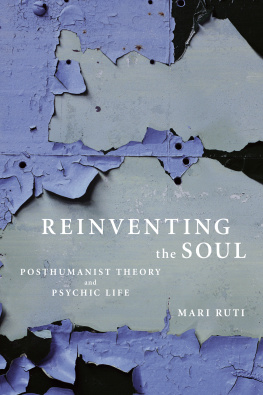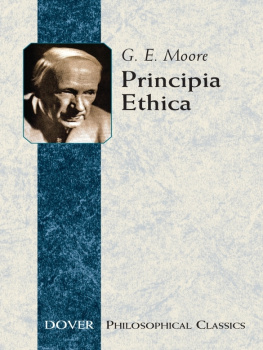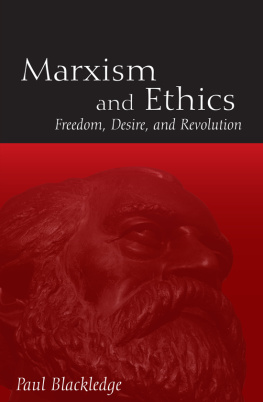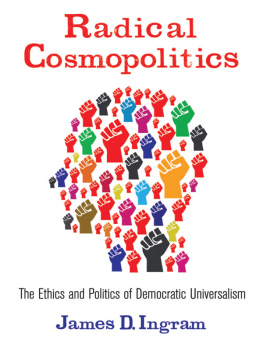Distillations
Distillations
Theory, Ethics, Affect
Mari Ruti

Contents
At Bloomsbury Press, I thank my incredible editor Haaris Naqvi for believing that a distillation of my recent thinking about theory, ethics, and affect was an idea worth pursuing. I am also grateful to Katherine De Chant, Monica Sukumar, and James Tupper for their diligence with the details of the production process.
In Toronto, I thank Philip Sayers for his flawless sentences, dazzling arguments, and invaluable contributions as my research assistant; Carson Hammond for his articulate emails and for graciously responding to my sporadic queries about all manner of minutia; Margeaux Feldman for her unique blend of bravery, intellect, and affective proficiency; Sheila Heti for being a true inspiration; Alexandra Gillespie for her unparalleled support; Michael Cobb for always being the first to congratulate; and Julia Cooper for having given me the idea that Alain Badiou may be mistaken in not considering suffering as an event: the influence of Julias thoughtful dissertation on Chapter 6 of this book is undeniable and much appreciated.
At Harvard, Alice Jardine and Afsaneh Najmabadi have my profound gratitude for their unwavering faith in me. I also thank Michael Bronski, Caroline Light, Linda Schlossberg, and Phyllis Thompson for their professionalism coupled with kindness; Amy Parker for getting me across the border and countless other favors; Ana Iona for putting up with my frantic last-minute visits to the filing cabinet where I kept my teaching shoes; Kathy Richardson for her well-timed reassurance; Kacey Carter and Emma Childs for their astounding organizational skills; Jess and Steph Gauchel for being the best friends anyone could have; Jessica Bardsley, Mariya Chokova, Jovonna Jones, and Jackie Wang for appreciating theory as much as I do; Lev Asimow for keeping me on my toes with his encyclopedic mind; and the amazing students of my 2016 course on love for wading through Lacans seminar on transference with me. From this course, a special thanks goes to Giora Ashkenazi, Lev Asimow, Delfina Martinez-Pandiani, Sage Moses, Megan Sims, and Karen Tocatly for their forbearance with my Lacanian neuroses.
In other parts of the academy, I thank Todd McGowan for always managing to change my mind; Amy Allen for being an intellectual kindred spirit; and Jennifer Friedlander, Henry Krips, Scott Krzych, and Hilary Neroni being the jolliest bunch of Lacanians under the sun.
None of the chapters of this book have appeared as chapters in my previous books. However, because this book was originally designed to be a collection of previously published worka plan I abandoned midway through the writing process because too many new ideas kept cropping upand because it attempts to rearticulate and streamline arguments that have preoccupied me for some time, there is inevitably some overlap between its first half and some of my previous books. I have done my best to flag this overlap for the sake of readers who are familiar with my earlier scholarship.
This overlap is most obvious in the first half of Chapter 1, which I originally gave as a lecture that was meant to summarize the arguments of Between Levinas and Lacan: Self, Other, Ethics (Bloomsbury Press, 2015). I thank the audiences at the University of Kentucky, Pomona College, and Sophia University (Tokyo, Japan) for their valuable feedback on that lecture, an augmented version of which was published in Angelaki: Journal of the Theoretical Humanities in 2015. The second half of this chapterwhich displays a greater appreciation for Lacanian universalism than I had in 2015consists of new material drawn from Paul Eisenstein and Todd McGowans Rupture: On the Emergence of the Political and Sara Ahmeds Willful Subjects .
Chapter 2, which contains bits of an invited lecture presented at the Psychology and the Other conference in Boston, was published in The Comparatist in 2016. Chapter 3 in turn arises from a presentation written for a workshop on critical social theory and psychoanalysis at the New School. A revised version of this presentation was published in Constellations in 2016. I thank all three journals for the permission to include adaptations of these articles in this volume.
The last three chapters of this book have not been previously published, but they also began as talks. I presented the rudiments of Chapter 4 at the 2016 American Comparative Literature Association meeting; a section of Chapter 5 as an invited lecture at Duquesne University in 2017; and an early version of Chapter 6 at a meeting of the Association for the Psychoanalysis of Culture and Society some years ago. I thank the organizers and participants of these events for giving me a chance to discuss my work.
This book contains no footnotes or endnotes, but it incorporates plenty of quotations. I have opted for the following simple system of identifying my sources: in cases where the books bibliography lists only one text by a given author, the embedded reference merely provides the relevant page number; in cases where several texts by the same author are used, the embedded reference includes both the date of publication and the page number. In the latter cases, the date of publication is repeated at the beginning of every new paragraph in order to avoid any possibility of confusion. When the title of the text referred to is explicitly mentioned in the course of the argument, no publication date is provided. As is customary in the field, Lacans seminars are identified by their original dates of delivery rather than by the dates of their English translations.
I refer to the subjectthe individualby the pronoun it in order to avoid unnecessary gendering. When the word Other is capitalized, it denotes the Lacanian symbolic order; when it is not capitalized, it denotes the intersubjective other (the other person).
Thank you for reading.
This book distilsfilters, purifies, refines, and condensesideas about theory, ethics, and affect that I have obsessively returned to in my recent scholarship. It offers a tightly knit collection of reflections about the general state of contemporary theory, posthumanist ethics, political resistance, subjectivity, agency, desire, trauma, suffering, and bad feelings such as anxiety. Because these reflections come on the heels of several books I have published on related topics, it is tempting to characterize them as a culmination of sorts, as a way to wrap up one phase of my research career. In some ways, this is exactly what they are. Or at least this is what I wanted them to be when I set out to compile them. However, it might be more accurate to describe them as a pool of themes that I have not been able to shake off because my position on them often goes against the grain of the dominant trends of my field: progressive critical theory, broadly understood.
My version of critical theory consists of a medley of Lacanian psychoanalysis, continental philosophy, affect theory, queer theory, and deconstructive feminism. These fields have routinely valorized antinormativity; celebrated subjective decentering; devised radical templates of political mutiny; and shunned reason, agency, and autonomy. In additionwith the notable exception of some prominent Lacanian political theorists whose arguments I will discuss in the chapters that followthey have mostly passionately rejected universalism. In contrast, I have defended universalist ethicsor more precisely, an ethics that is historically specific and open to revision while nonetheless remaining universally binding. In addition, I have refused to embrace antinormativity without qualification; rejected nihilist accounts of subjective disintegration and self-shattering; criticized progressive theorys tendency to advance extreme models of rebellion that have little real-life applicability; and expressed a (guarded and careful) respect for reason, agency, and autonomy.

